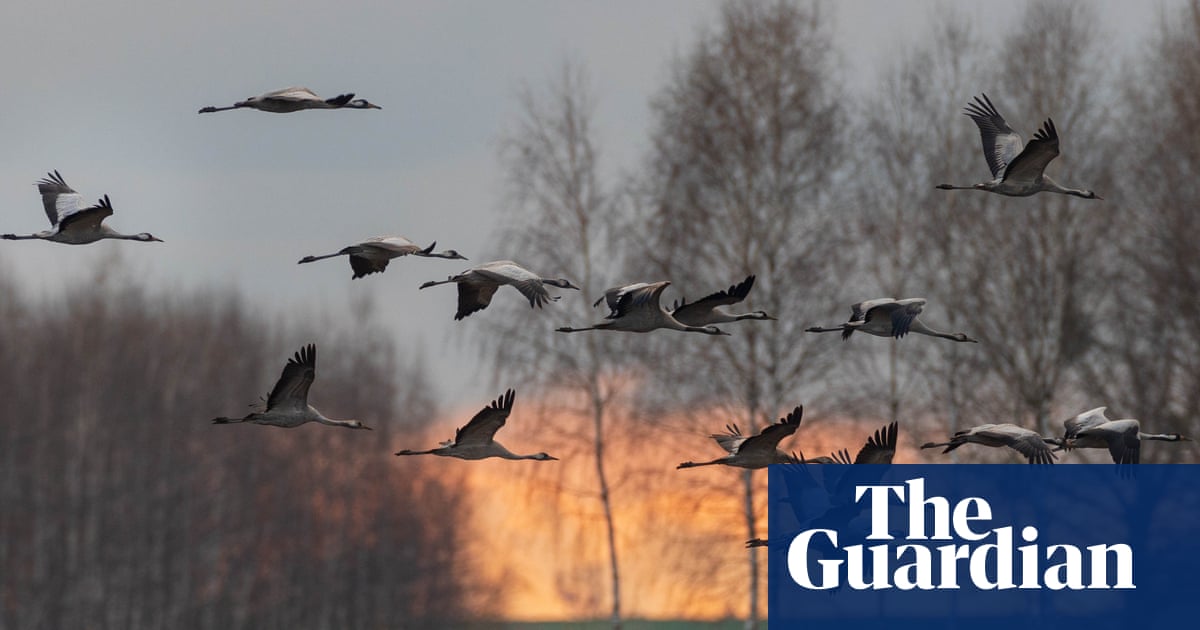
ot since Lady Godiva rode naked through the streets of Coventry in the 13th century has any woman on horseback caused quite such a public stir. Her modesty covered by the green and gold silks of JP McManus, Rachael Blackmore wrote arguably the most colourful chapter yet in the storied 182-year history of the Grand National.
The daughter of a farmer and schoolteacher from Tipperary with no background in the industry in which she ploughs her unique furrow, she became the first woman to win the world’s most iconic horse race at Aintree on Minella Times. While the horse and its trainer, Henry de Bromhead, also deserve every credit, their place as historical footnotes seems all but assured. They are unlikely to mind because like everyone else – apart from perhaps the animal who did the heavy lifting – they will be well aware Blackmore is without doubt the only show in town.
Her win continues an unprecedented run of recent high-profile victories for an astonishingly talented jockey enjoying the form of her life. Until not so long ago Ireland’s best-kept secret, her latest success comes on the back of a notable series of career milestones at Cheltenham. The filmmaker Luke McManus, who spent time in her company while filming Jump Girls, a documentary following the careers of female National Hunt jockeys working in a seriously unforgiving game, is unsurprised by her success.
“She was the coming force when I first crossed paths with her,” he told the Observer. “The standout memory I have of her was how uncomfortable she was about being in the limelight. Being interviewed wasn’t something that came naturally to her. She had this really weird, low-key steeliness without swagger of any kind. She was absolutely focused. She’s an incredibly nice person.”
And brilliant, too. The first woman to take the Cheltenham Festival top jockey title, with the joint-highest tally of six winners alongside Ruby Walsh. The first woman to ride the winner of the Champion Hurdle. The first woman to win the Ryanair Chase. Even in a rare show of fallibility she became the first woman to turn down the ride on a Gold Cup winner, choosing instead the horse that got beaten into second place. An occupational hazard with which only the best jockeys have to contend, it should not go unnoticed that she was also the first woman ever faced with such a quandary. After Cheltenham, at Aintree she became the first lady of racing, full stop.
“What an ambassador, I think she’s an incredible person,” mused two-times Grand National winner Walsh. “To take the falls she takes ... she’s so calculated, she’s so driven, she’s such a nice personality. It’s just fabulous. It’s amazing, that’s what it is. It’s brilliant!”
Racing badly needed Blackmore. Introducing ITV’s typically excellent coverage on Grand National day, Ed Chamberlin could scarcely have made himself more clear. “We’ve done everything possible this year to take you to the heart of the action despite the racecourse being like a ghost town,” he said. It was a fitting analogy in a year when the sport remains haunted by that distressing photo of Gordon Elliott posing on his gallops sitting on a dead horse. It is a truly appalling image that will take an eternity to fade.
Alongside Ed, AP McCoy was in commendably curmudgeonly form. In full-on old-man-yells-at-cloud mode, the 18-times champion jockey repeatedly voiced his disquiet at how easy the Grand National has become since the days of the 1970s, when Red Rum won an unprecedented three times. “I just don’t want it to become just another race,” he ruefully opined when it was pointed out to him that the introduction of safety measures, including a significant reduction in the size of the fences, was necessary for it to survive. “It will never become just another race,” countered Chamberlin. How right he was.
Competing as an equal against men in a world where basement-dwelling online trolls continue to hurl brickbats at female athletes with tedious regularity, Blackmore became the first woman to boot home the winner of her sport’s most famous race. “I just can’t believe I’m [talking] after winning the Grand National,” she said. Determined to be seen as just another jockey rather than a woman, in the face of inevitable interrogation she said: “I don’t feel male or female right now, I don’t even feel human.”
In the immediate aftermath of Cheltenham Chamberlin admitted he had been dreading the gig, such was his uncertainty over the regard in which racing was held. Due in no small part to his deft handling of the crisis in front of camera, aided and abetted by Blackmore’s heroics on the track, his fears proved groundless. It is an enduring travesty that the greatest wins of her career have taken place in front of stonily silent and empty grandstands. Having rode to racing’s rescue, she deserves our unbridled gratitude and applause.












